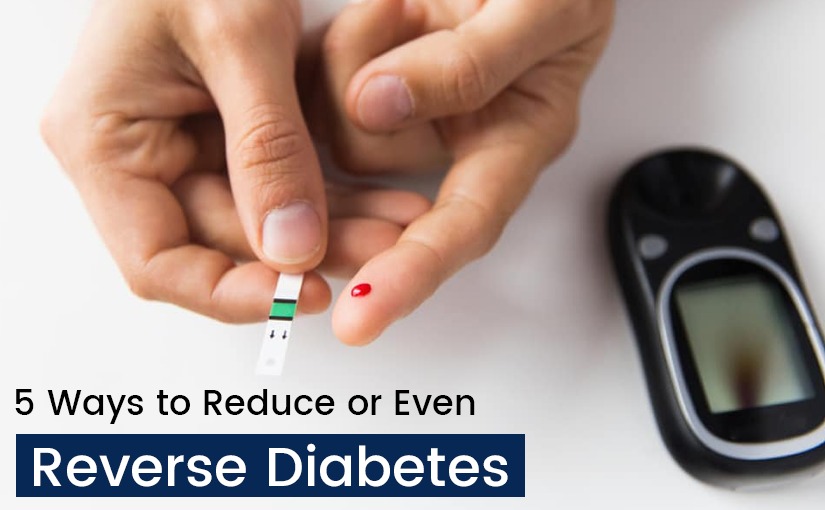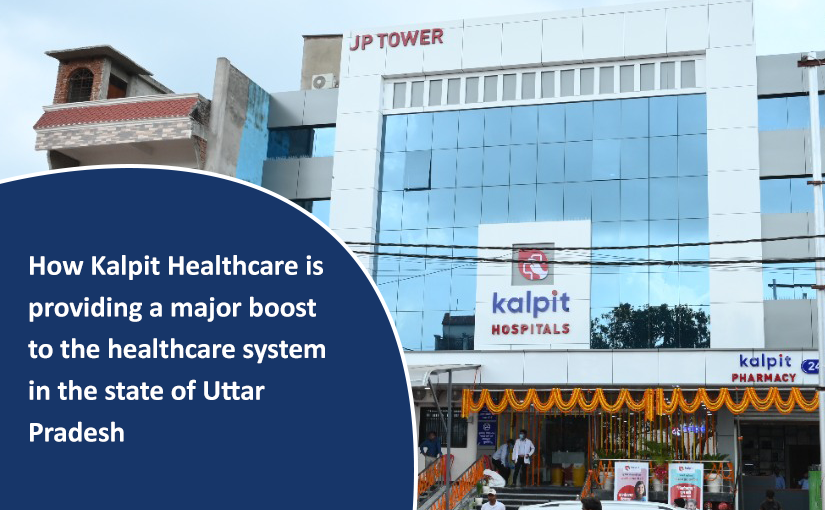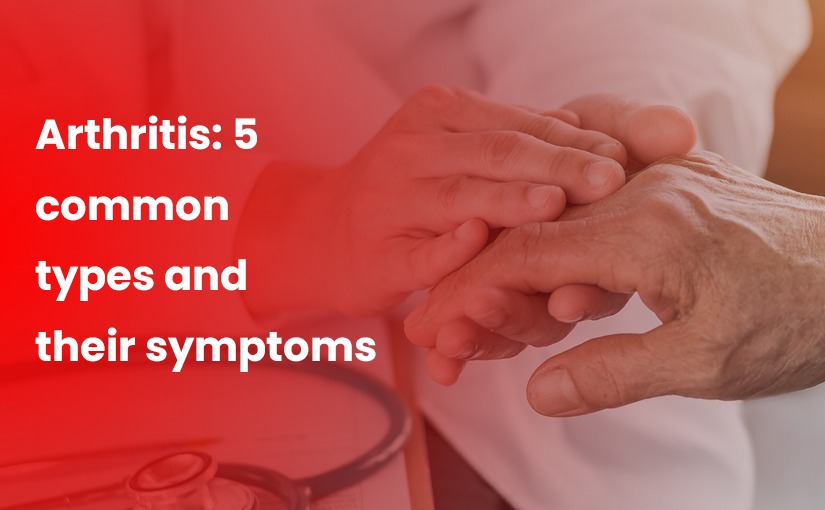Good news! It is now established, diabetes and insulin resistance can be prevented and even reversed by bringing about some changes in lifestyle, diet, and more. In this blog, we’ll first understand what causes diabetes and then know how it can be reduced or reversed.
What causes diabetes?
Chronically high blood sugar levels are a feature of type 2 diabetes. Nevertheless, insulin resistance is the primary factor of diabetes and also its driver. Some foods, especially refined carbs, cause your body to turn them into sugar when you eat them. This triggers your pancreatic gland to produce insulin hormone. Insulin facilitates transporting sugar inside your cells to get it converted to energy.
This is a fantastic mechanism that aids in your body\’s proper operation. However, due to type 2 diabetes, prediabetes, or severe abdominal obesity, this mechanism fails to function properly.
When you consume refined carbs, your insulin levels rise for an extended length of time, and your cells begin to reject the effects of insulin. Attempt to compare this to booze. A single glass of wine might make you feel inebriated once you start drinking. As your body gets used to drinking, you require increasing amounts of alcohol to produce the same effects. In diabetes, this is what takes place. To achieve the same results, you need even more insulin and a higher level of insulin is toxic to your body.
Thus, to reverse type 2 diabetes or pre-diabetes, it is essential to deal with the root cause of diabetes, i.e. insulin resistance. You need to quit eating food that boosts insulin production if Insulin Resistance is the cause. Second, you must change your lifestyle to regain your insulin sensitivity.
You can follow five effective ways to reduce or reverse diabetes.
Here, they are…
5 effective ways to reduce or even reverse diabetes
Make changes in your diet
The key to avoiding and treating insulin resistance and diabetes is eating in a way that balances your blood sugar, lowers inflammation and oxidative stress, and enhances liver detoxification.
This eating style is centered on a whole foods diet that is high in fiber, full of vibrant fruits and vegetables, low in sugar and wheat and has a low glycemic load.
It is a diet that comprises foods that are anti-inflammatory, antioxidant, and detoxifying. Olive oil, soy products, beans, nuts, and seeds are all present, along with a lot of omega-3 fats.
All of these foods aid in the prevention and treatment of diabetes and insulin resistance. This is the type of food that activates all the necessary gene messages, supports a healthy metabolism, and guards against ageing and diseases associated with getting older, such as diabetes and heart disease.
Regular exercise manages and reverses diabetes
The enhancement of insulin sensitivity depends on exercise. It enhances sugar metabolism while assisting in reducing central body fat. Frequent exercise can help you avoid complications from diabetes, manage it, and even reverse it.
Ideally, you should walk for 30 minutes each day. After supper, walking is an effective approach to lower blood sugar.
To treat insulin resistance or diabetes, more intense exercise for longer periods of time is frequently required. To fully treat diabetes, persistent aerobic activity lasting up to 60 minutes must typically be performed five to six times per week.
Improved mitochondrial activity and metabolism can also result from interval exercise. So that you burn more calories and energy while you\’re not exercising, it helps to boost the efficiency of calorie burning. Ultra Metabolism goes into great length on this.
Strength exercise promotes muscle growth and maintenance, which can improve your body\’s overall blood sugar and energy metabolism.
Start taking supplements
Insulin resistance and type 2 diabetes can both be effectively treated with nutritional supplements. Depending on how serious the issue is, here are some recommended supplements:
- Consuming fish oil a few mg of per day helps in decreasing inflammation, lowering cholesterol, and improving insulin sensitivity.
- Additional magnesium (200 to 600 mg per day) aids in the metabolism of glucose and is frequently low in diabetics.
- For optimal sugar metabolism, chromium (500–1,000 mcg per day) is crucial.
- Vitamins C and E and other antioxidants have a key role in lowering and stabilizing blood sugar.
- Taking a multivitamin with B-complex is crucial. Increased vitamin B6 intake (50 to 150 mg per day) and B12 intake (1,000 to 3,000 mcg per day) are particularly beneficial for preventing diabetic neuropathy or nerve damage.
- Additionally, minerals like calcium and vitamin D supplement also are essential for keeping in check diabetes.
Meet our doctor at the top multispecialty hospital in Khalilabad to know about the types and amount of supplements for diabetes.
Control stress
Stress significantly contributes to blood sugar abnormalities. It encourages weight growth around the midsection, exacerbates inflammation, and ultimately has the potential to result in diabetes. As a result, it\’s imperative to regularly partake in relaxing activities like yoga, breathing exercises, progressive muscle relaxation, guided imagery, hot baths, exercise, meditation, massage, biofeedback, hypnosis, or even making out. On it, your life depends.
Fasting regulates insulin level
Think about a type of consistent fasting like intermittent fasting or time-restricted feeding (TRF). TRF refers to opting to eat nothing for the remainder of the day while still getting your recommended daily intake of calories. It\’s a fantastic technique to lower your body\’s insulin levels and assist in reversing the effects of persistently high levels.
Conclusion
Thus, now stop believing that diabetes is irreversible. Following the above tips, not only help you reduce diabetes but also can reverse it.
Kalpit Hospital, the top multispecialty hospital in Khalilabad, Uttar Pradesh, has several departments, top-notch facilities and experienced specialists to treat various diseases efficiently.
Get yourself checked and treated for diabetes at Kalpit Hospital in Khalilabad.



